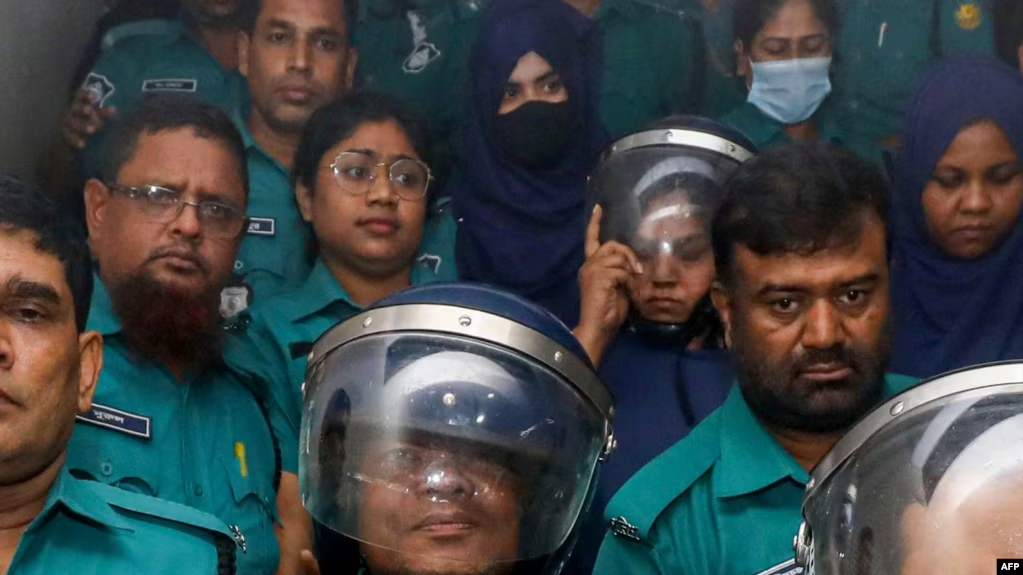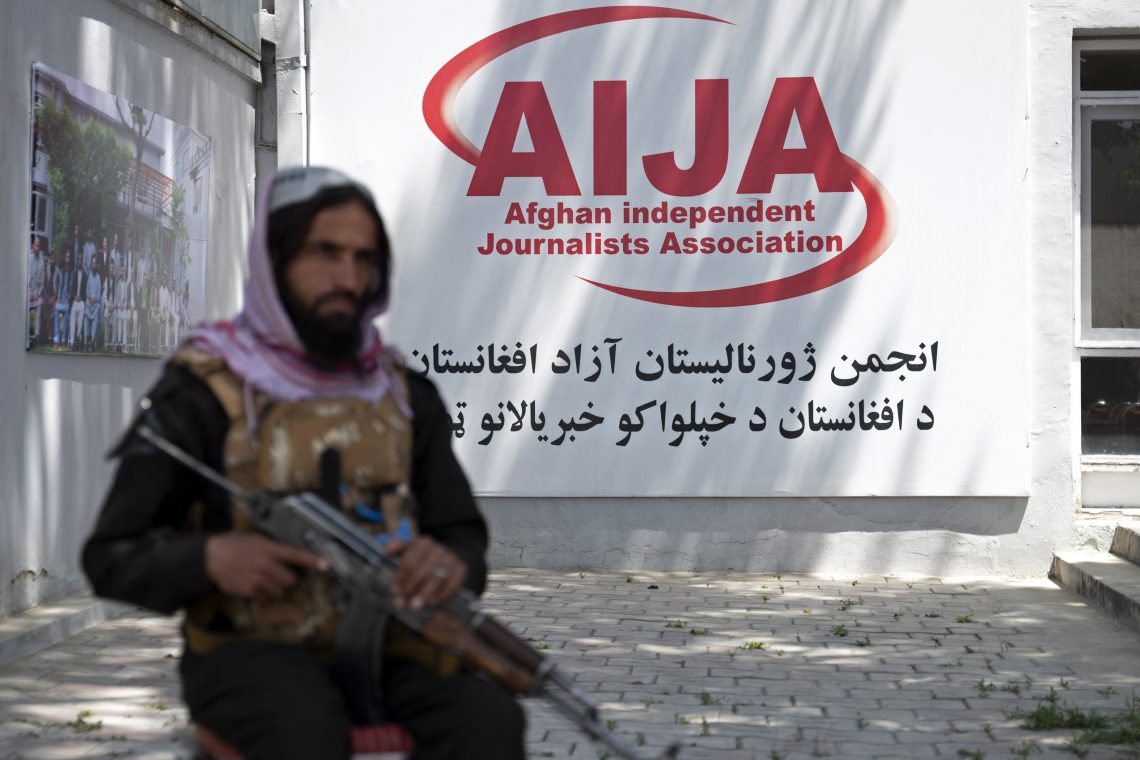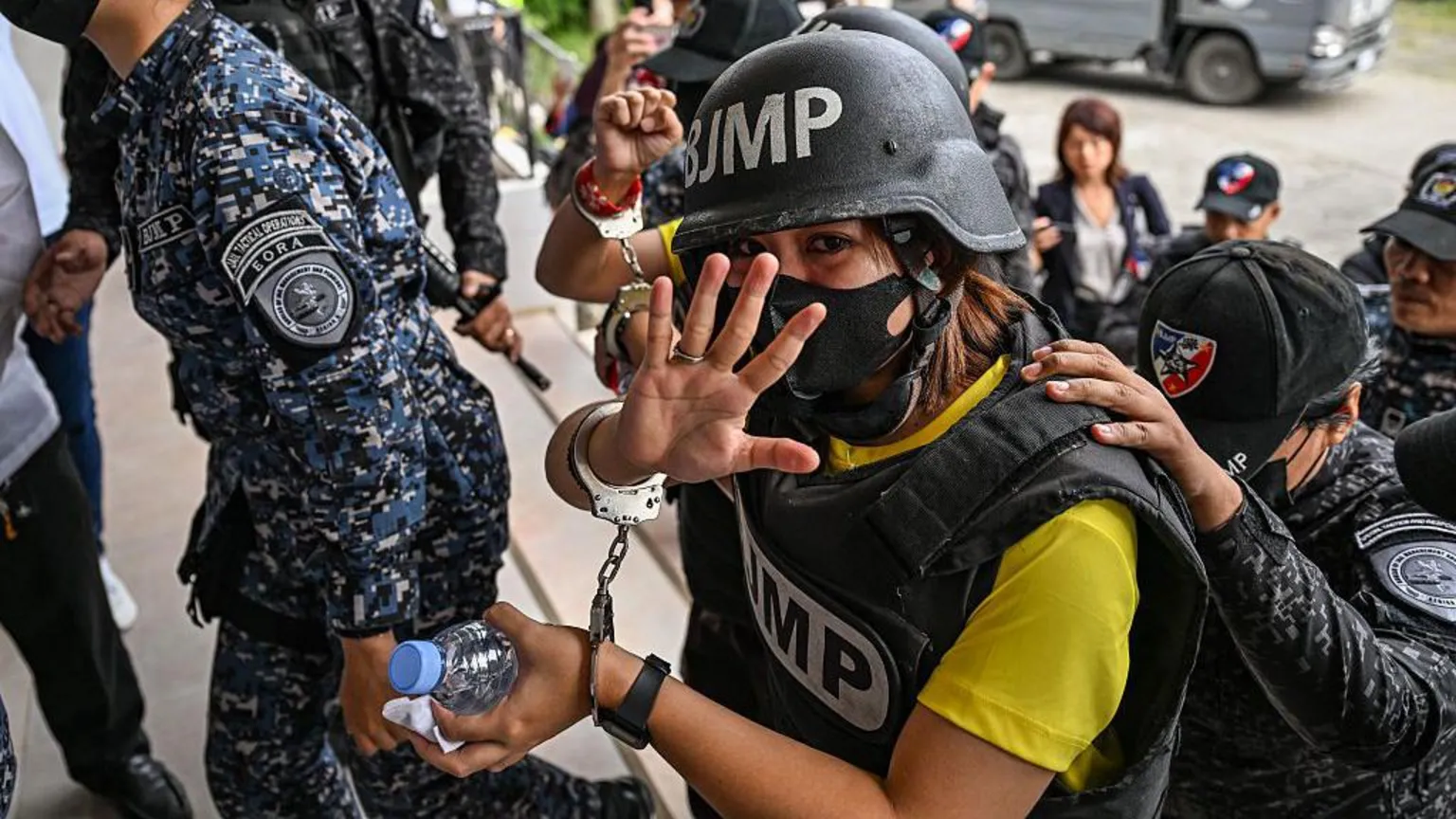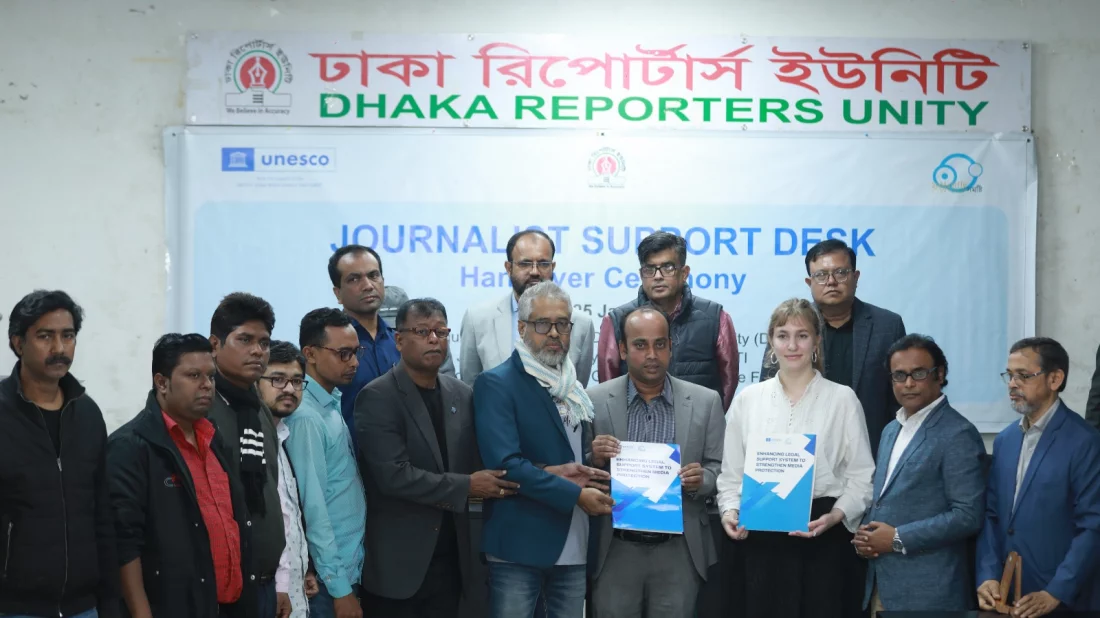
Mexican Journalist Calletano de Jesús Guerrero Killed Despite Federal Protection
January 24, 2025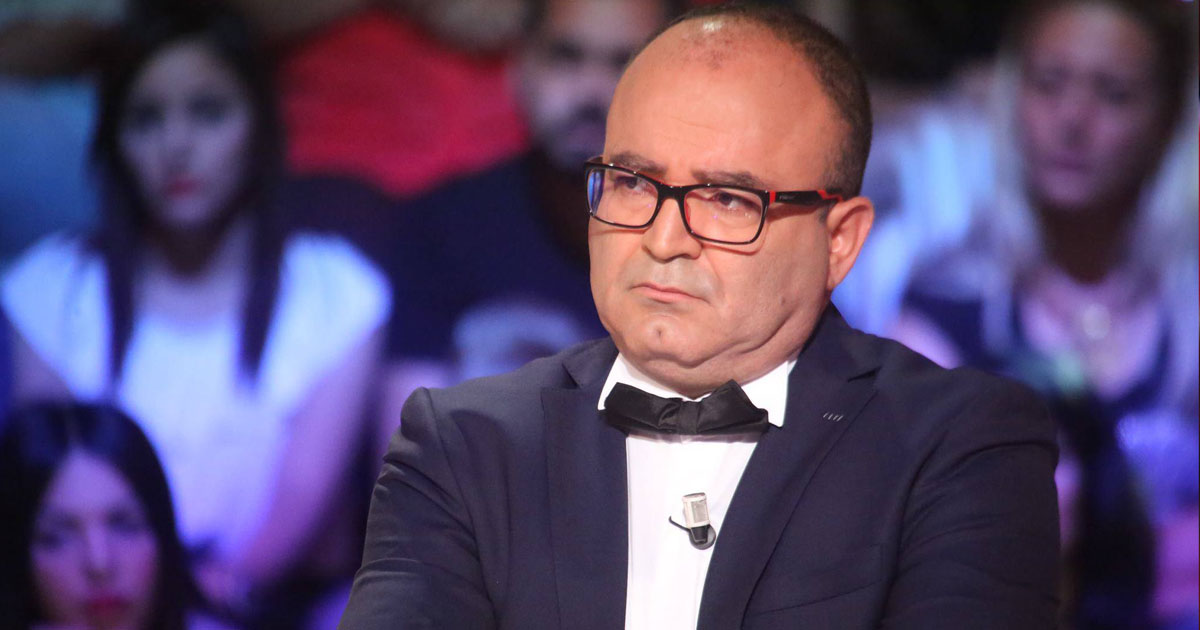
Tunisian Journalist Mohamed Boughalleb Arbitrarily Detained and Denied Medical Care
January 24, 2025January 24, 2025 – Bangladesh –
An international legal team filed a formal complaint with the United Nations Human Rights Council, urging intervention in the case of Bangladeshi journalists Shakil Ahmed and Farzana Rupa. The pair, both prominent media professionals, were arrested in 2024 and remain in detention on what rights groups say are politically motivated charges aimed at silencing dissent.
Shakil Ahmed, a former news chief at Ekattor TV, and his wife, Farzana Rupa, were accused of involvement in deadly protests during a student-led uprising in mid-2024. Despite a lack of concrete evidence, both were arrested and rearrested multiple times, including at Dhaka airport earlier this year. Their legal representatives argue that the detentions violate international legal standards and amount to arbitrary imprisonment.
The complaint to the UN outlines how the couple’s case fits into a broader campaign of repression targeting the media under Prime Minister Muhammad Yunus’s interim government. Since the protests, more than 140 journalists have faced legal threats, harassment, or detention. The Bangladesh Financial Intelligence Unit has also launched investigations into journalists’ bank accounts—including Shakil Ahmed’s—as a form of financial intimidation.
Furthermore, over 167 press credentials have reportedly been revoked, crippling reporters’ ability to cover events. The situation has drawn sharp criticism from UN human rights experts, who have called the allegations against Ahmed and Rupa “serious” and raised alarms over the use of murder charges against journalists as a form of retaliation.
A recent UN fact-finding report recommended that Bangladesh drop politically driven charges against journalists, investigate police abuses during the protests, and dismantle the state’s surveillance apparatus used against the press and civil society. It emphasized the urgent need to protect freedom of expression and ensure due process.
The case of Shakil Ahmed and Farzana Rupa is now seen as emblematic of Bangladesh’s broader media crackdown. Their ongoing detention highlights the growing threats faced by journalists and underscores calls for international accountability and immediate corrective action by the Bangladeshi authorities.
Reference –

